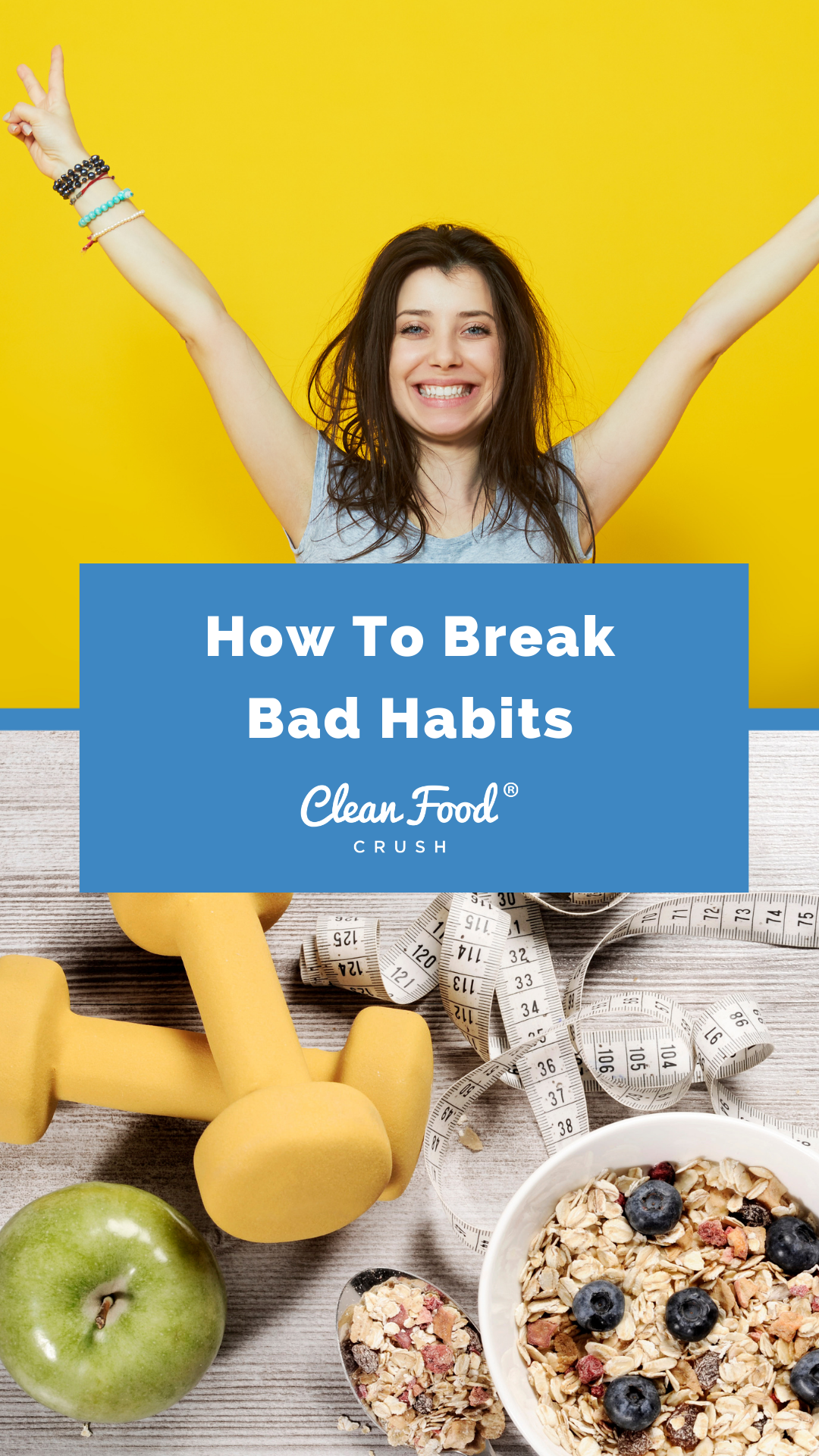

It’s easy to separate habits into good and bad categories like everything is black and white. For example, drinking water is a good habit, and biting your nails is a bad habit.
But the truth is, habits can sit on a sliding scale dependent on our ability to control them. When a habit takes control over you, it may be in danger of turning into a bad habit. You can even drink too much water (shocking, I know). And those bad habits can disrupt your life, prevent you from accomplishing your goals, waste your time and energy, and jeopardize your health — both mentally and physically.
Break Bad Habits For Good
Everyone, me and you included, have many different habits ranging from good to bad. Some habits are mild, like biting your nails or leaving your socks in the living room, others are moderate, like eating in bed or drinking one too many glasses of wine. Then there are severe, addictive habits like smoking and other substance abuse. Depending on the pattern’s cause, severity, and addictive quality, it may be more challenging to break, especially when it’s wired into your brain through constant repetition.
But it is possible.
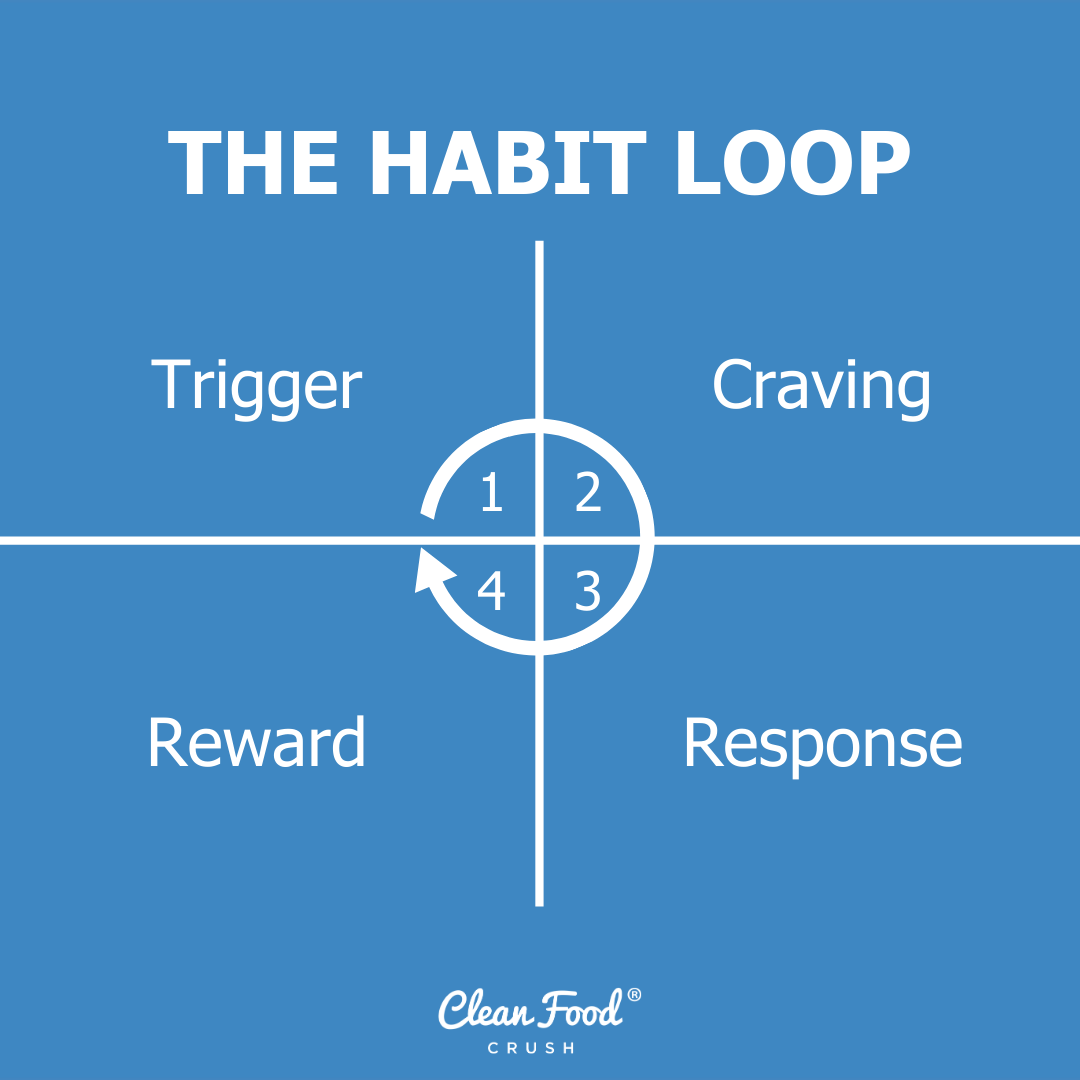
Habits rely on patterns of behavior, triggers, emotional connection, and routines. If your bad habit is eating fast food, that may be because you’ve fallen into the routine of stopping by to pick up food on your way home from a long day of work, too tired to cook. Similarly, the pleasure that comes with smoking a cigarette will cause a positive reinforcement to your brain, creating an emotional connection to the bad habit. And most often, the habit is born out of a combination — the mix of anxiety and a social setting (like a party) can lead to drinking.
While routines are helpful, they can also cause destructive patterns. So, if you have habits you want to break, here are some steps to help get you started.
Identify the Behavior you Want to Change
This is similar to creating realistic goals. Think in terms of specific, doable behavioral changes – like putting your clothes in the laundry basket rather than the floor or chair or meal prepping dinner so you won’t get fast food. It’s best to identify the habit you want to break AND a good habit you want to create.

Identify the triggers
These are the things that cause the desire for the bad habit. It could be stress that makes you want a cigarette, laziness or exhaustion that tells you dropping your clothes on the floor is okay, pleasure of fried chicken that makes you want fast food, or social anxiety that drives you to get a drink at a party. Many habits are caused by stress or boredom (like shopping too much, biting your nails, and smoking), so this may be the trigger you want to identify and focus on because there are better ways to deal with it than your current bad habit. Recognizing the cause (or trigger) is crucial to overcoming the habit and not allowing autopilot to kick in.
Deal with the triggers
Once you’ve identified them, see if you can cut the triggers out. Some may not be possible, and that’s okay. If the trigger is merely seeing the fridge when you walk inside, you can’t very well throw out the whole fridge, can you? But you can get rid of the junk food inside it or put the beers in the garage, so they’re not readily available. And if the trigger is something larger, like stress or boredom, you may need to look at what causes THOSE and work backward. In the meantime, try staying in your car and listening to calming music while practicing deep breathing, rather than automatically marching into the danger-zone of the kitchen.
Once you’ve dealt with the triggers, you’ll find a small hole where it once was. Filling that hole is a crucial step to breaking bad habits.
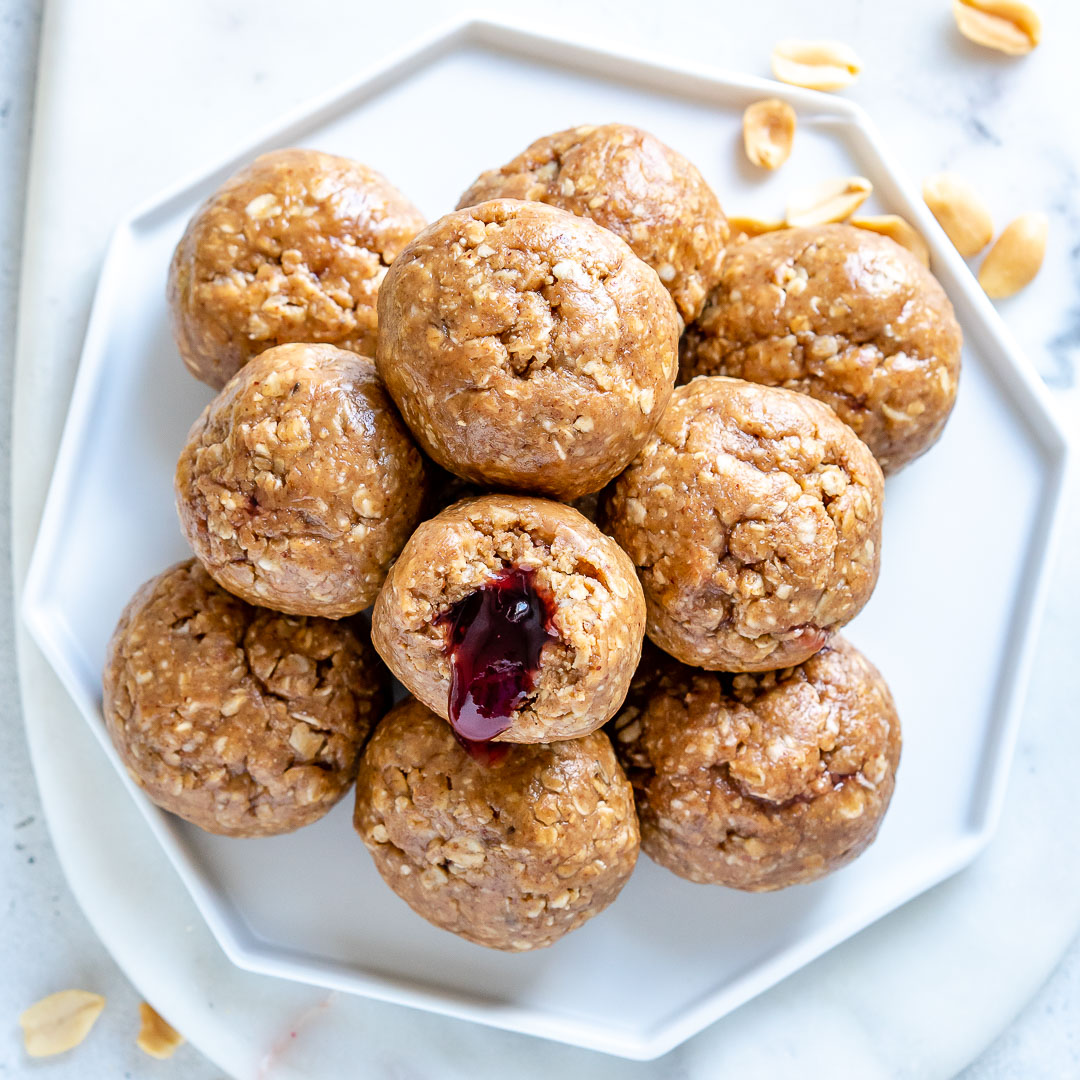
Replace a Candy Bar Habit With These PB&J Energy Bites!
Replace it with something better
Now, you get to develop a substitute plan for eating cookies or watching TV for hours every night. Breaking a bad habit doesn’t happen by simply stopping the behavior. You have to replace it as well.
Instead of having a beer at night, brew yourself a cup of hot (caffeine-free) tea. Replace one episode of your Netflix show with a walk outside and reading a chapter of a book. If sweets are your downfall, find a clean alternative and allow yourself a treat after dinner so your cravings don’t get the better of you.
If your bad habit is your way of coping with stress, like biting your nails, clenching your jaw, or smoking, you may need to explore other avenues like working out, practicing yoga, or breathing exercises.
Try these Cheesy Zucchini Corn Chips for a Fun and Tasty Treat!
Create new triggers
Sometimes your brain just needs a little push. You can do this by using prompts and positive triggers, like putting your running shoes by your bed so you see them in the morning, setting an alarm on your phone to turn off the TV, or turning on a podcast to listen to while cleaning the house.
Notice your words and thoughts
You may think that saying something negative about yourself isn’t a big deal, but your words have tremendous power. When trying to break a bad habit, you may start judging yourself, especially if you’re struggling. Try sending an encouraging text to a friend every day and applying it to yourself as well. And if you catch yourself thinking something negative, follow it up with a positive.
For example, if you think “I’m fat and out of shape,” follow it up with “I’m working hard, further than I was a month ago, and I’ll be even stronger in a few months.” Or, if you think “I can’t do this, I keep failing,” follow it up with “I can do this, I am not alone, and I am worthy of happiness, strength, and time.”
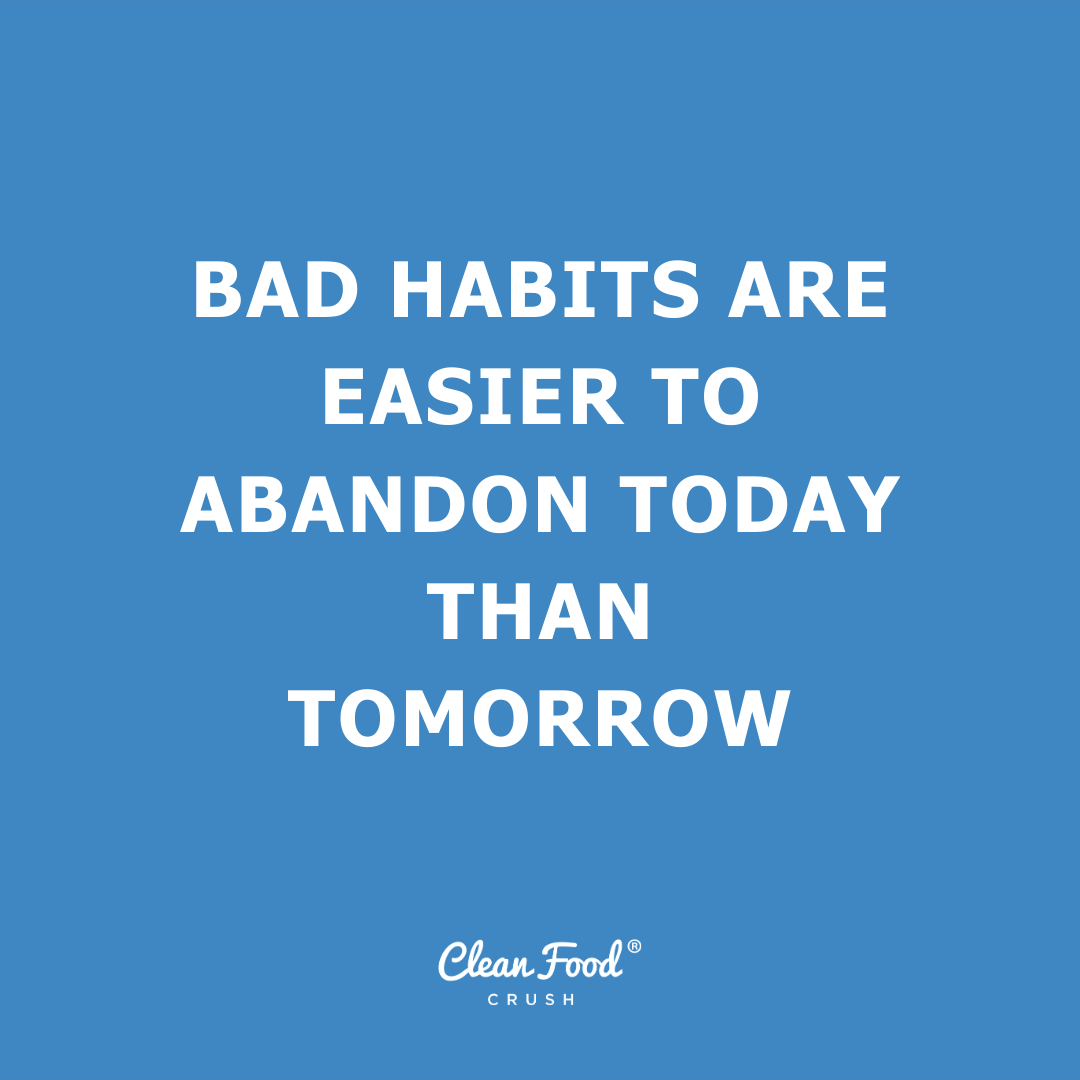
Get support
This is SO important in your upcoming journey. Doing things alone will make it easier for you to give up or fall victim to shame, cravings, or laziness. Find a community and support to keep you accountable, encourage and motivate you, and celebrate your victories together. Plus, doing this for someone else is a powerful motivator as well.
So, reach out to your friend who’s been talking about doing a 5k but hasn’t done it yet and ask if she wants to be your running buddy. Or ask your best friend to go to parties with you to be sure you don’t rely on alcohol to get you past the social anxiety. Or simply form a group of friends to text each other every day for support. Many communities already exist that you can join, like AA meetings, book clubs, or even our own Clean Food Crush challenge group.
Support yourself
This goes hand in hand with the last two steps but can be taken even a step further. The support of others is invaluable, but you also need to be encouraging yourself. Try starting a journal where you track your progress and write daily encouragements to yourself.
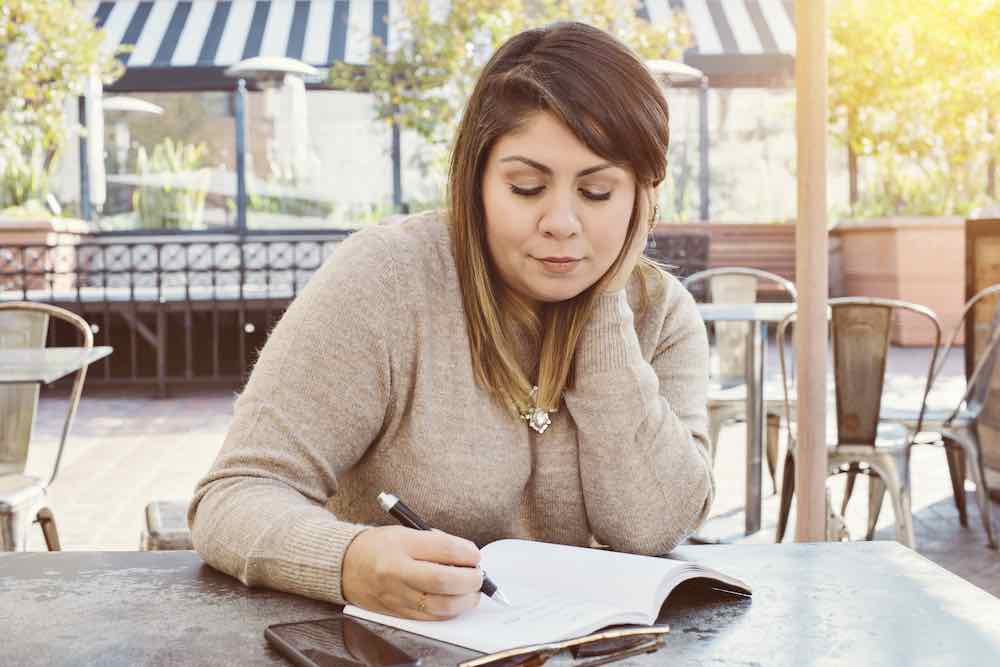
Latina girl ponders while writing in her journal in an outdoor café
You can also set up a reward system. You can take the money you would have spent on cigarettes or alcohol and buy something you want, like a new outfit or weekend vacation. Or reward yourself with dinner at a nice restaurant after avoiding fast food for two weeks (and maybe take your support group with you!)
Be patient
This is a process, not an overnight change. We can often get discouraged or impatient but try to fight those feelings. It takes time for the brain to make new connections. Some psychologists say it takes 21 days of CONSISTENT effort in a new pattern to break an addiction or habit, but most research shows that it actually takes 10-12 weeks.
Give yourself room to backslide, falling back into the habit for a few days before getting back on track. Don’t beat yourself up over what you may perceive as a failure and instead realize that what you’re doing is difficult, but you’re not going to quit.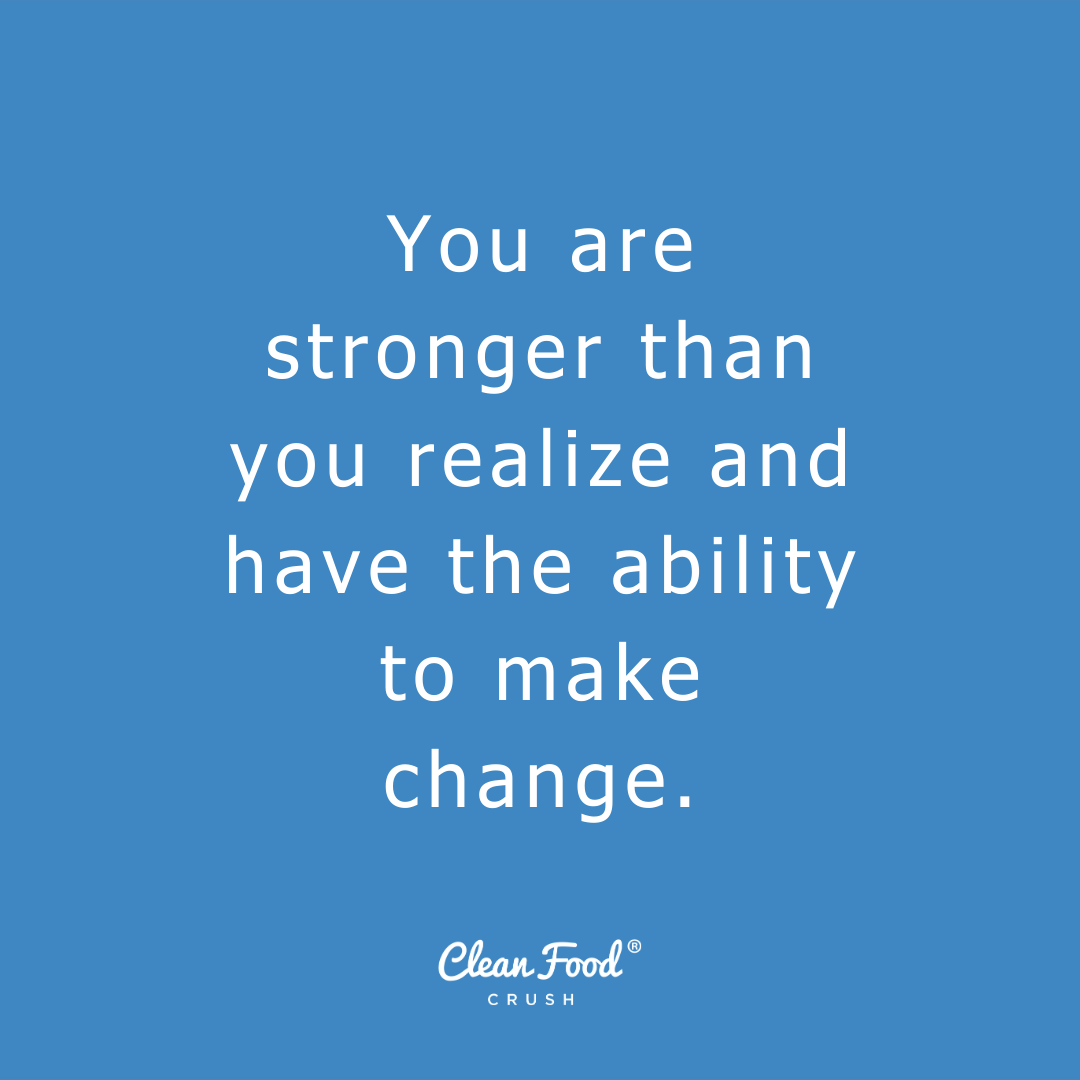
Consider getting professional help
Some of the more severe addictions will mean you need professional help, and that’s okay. It’s not a sign of weakness to ask for help, especially from people who are trained to help you. So, if you’re consistently struggling, reach out to a doctor, therapist, psychologist, or rehab if needed. You might find that you need medicine to help with anxiety or depression or that there are deeper issues a therapist can help with. And there are some small habits, like drinking far too much coffee, that can indicate a larger matter, like undiagnosed ADHD. You shouldn’t try to tackle this alone, and some people are trained to help you and, more importantly, want to help you.
Above all, remember that your struggles or bad habits do not define you. Your worth is not subjected to how much you work out or how long it takes you to break a habit. You are enough as you are; you’ve just decided to start the respectable journey of improvement and living a healthier, fuller life.
The goal is not to change who you are, but to take control back, being proactive rather than reactive, deliberate rather than routinized. The truth is that you already have it in you to be someone without your bad habits. You are stronger than you realize and have the ability to make this change. It will take time and effort, but more importantly, it will take perseverance. No matter how many times you fail before succeeding, don’t give up. You can do this.
















